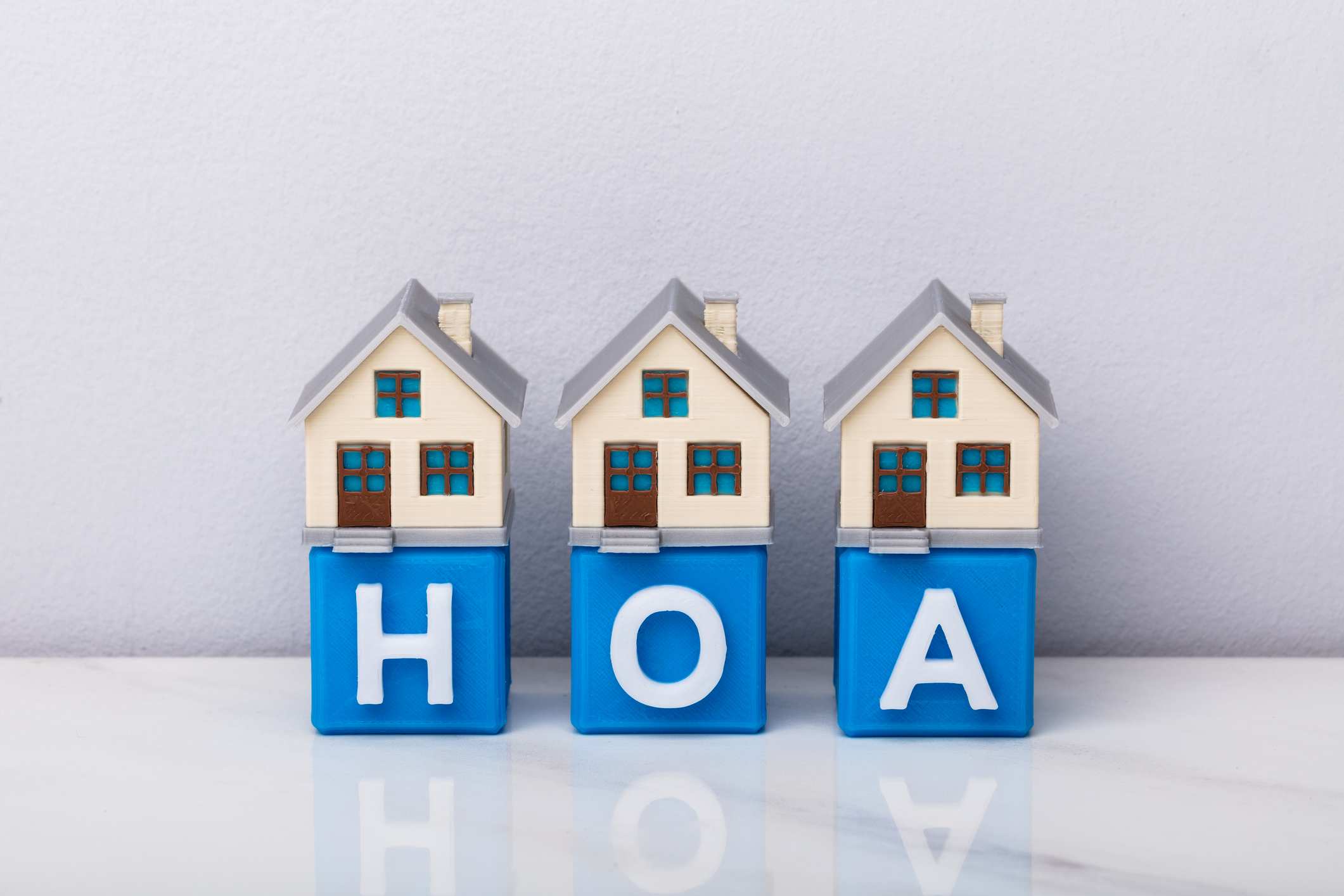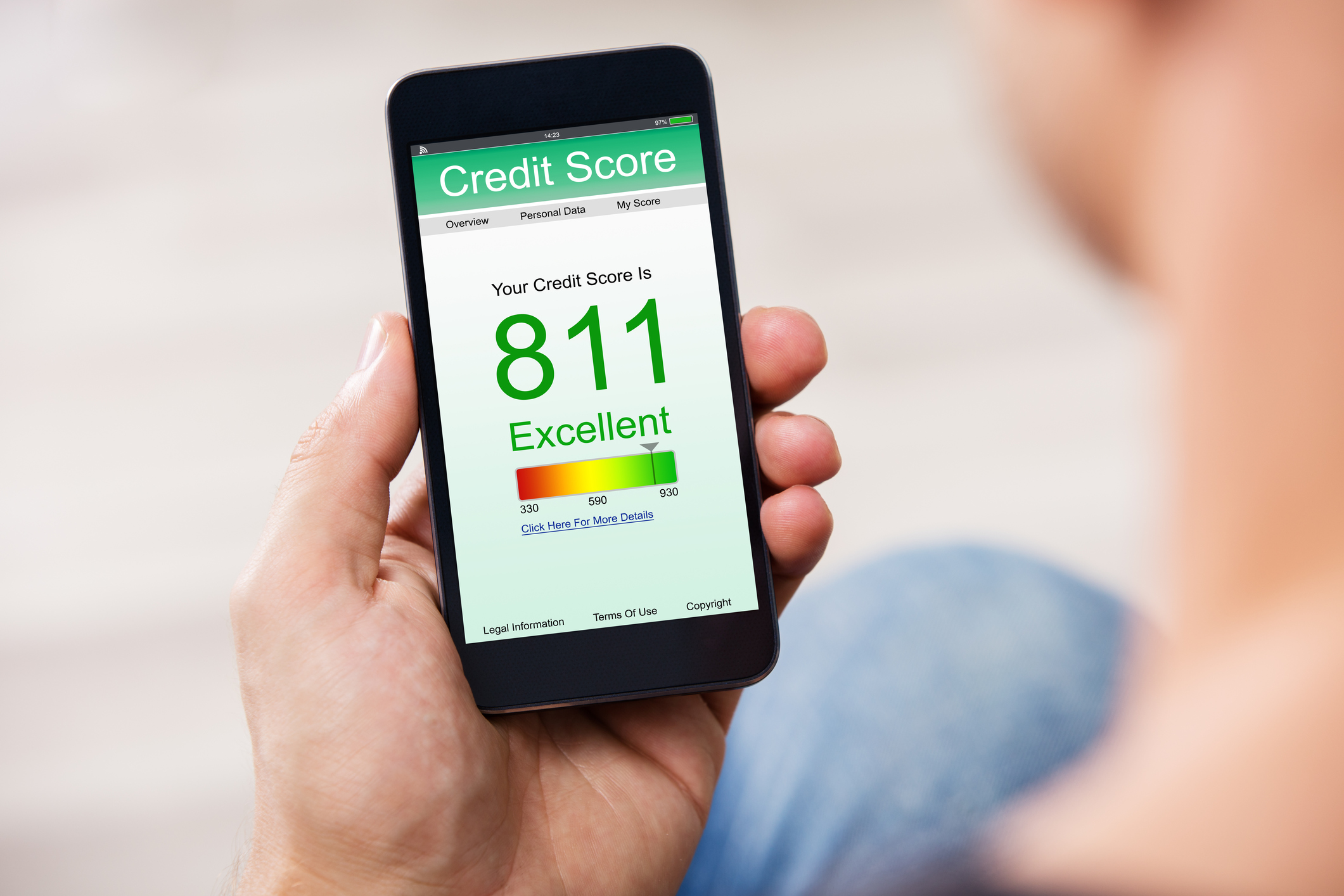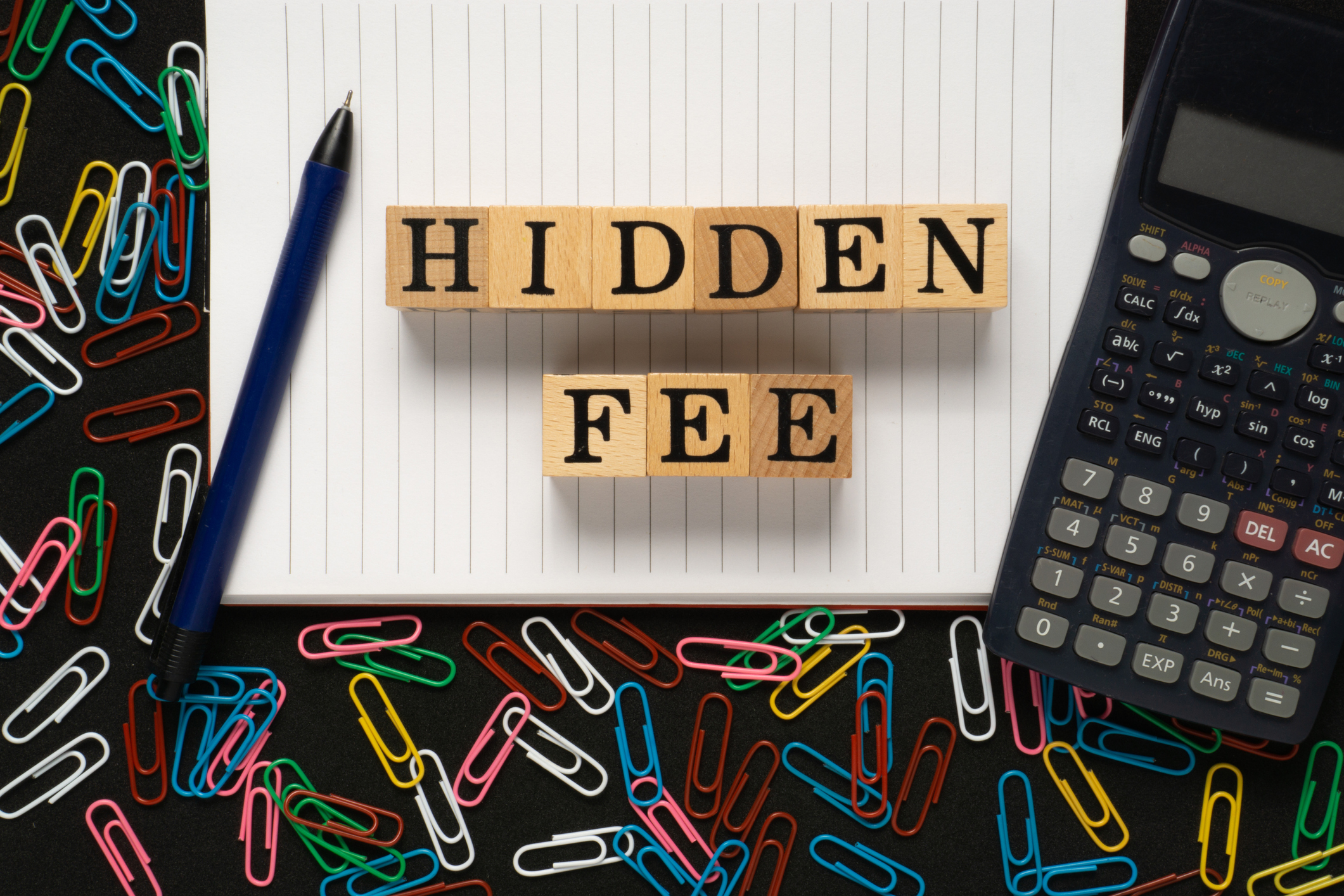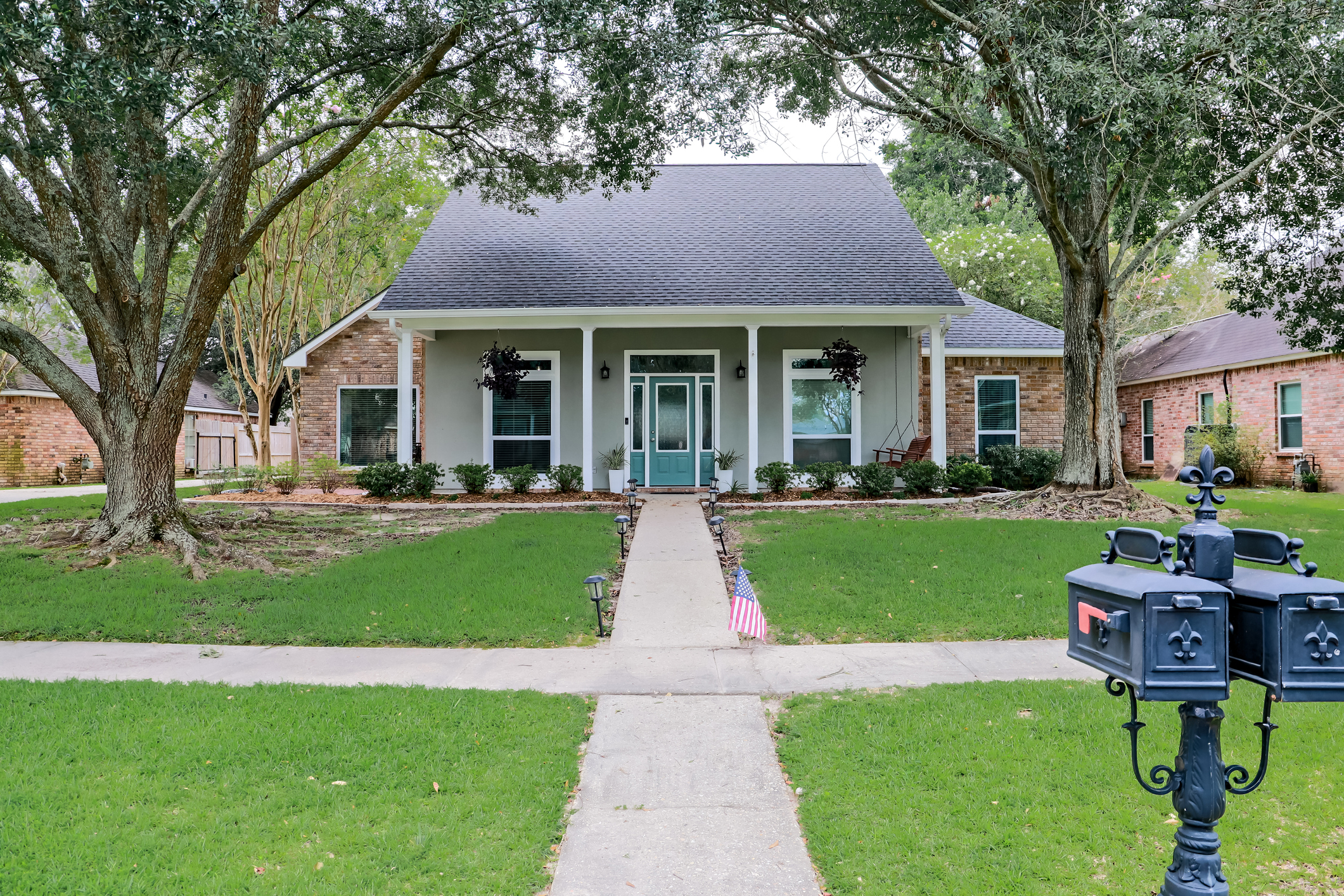Loan products for tapping home equity
If you choose to borrow against your home equity, you have a few options for how to do that. These include home equity loans, home equity lines of credit (HELOC), cash-out refinances, and home equity conversion mortgages, also known as reverse mortgages.
Home equity loans are second mortgages that give you a one-time access to equity. You then make payments toward the loan for the life of it, generally 10 to 30 years. You pay this concurrently with your primary mortgage.
HELOCs are credit lines that are secured by your home. The limit is set by your equity, but you can then use a HELOC just like a credit card, paying down and borrowing again and again within your limit. They have two different phases: the draw period and the repayment period. The draw period is when you can spend your equity, and it typically lasts five to 10 years. The repayment period is the window in which you will repay the loan and is often about 20 years.
Cash-out refinances are exactly what they sound like -- complete mortgage refinances that allow you to cash out your equity. Given the current interest rate environment compared to what you're likely paying on your primary mortgage now, these are the least ideal options, but occasionally the math will still work out.
Home equity conversion mortgages, also called reverse mortgages, allow you to recapture the equity you've accumulated by borrowing against it in exchange for cash as a lump sum, term payment, or annuity. Unlike traditional mortgages, though, you don't make a payment, and the interest instead accumulates as time passes. The loan isn't meant to be repaid until you die or move from your home, so many seniors opt for these mortgages as additional revenue streams.
Related investing topics




















